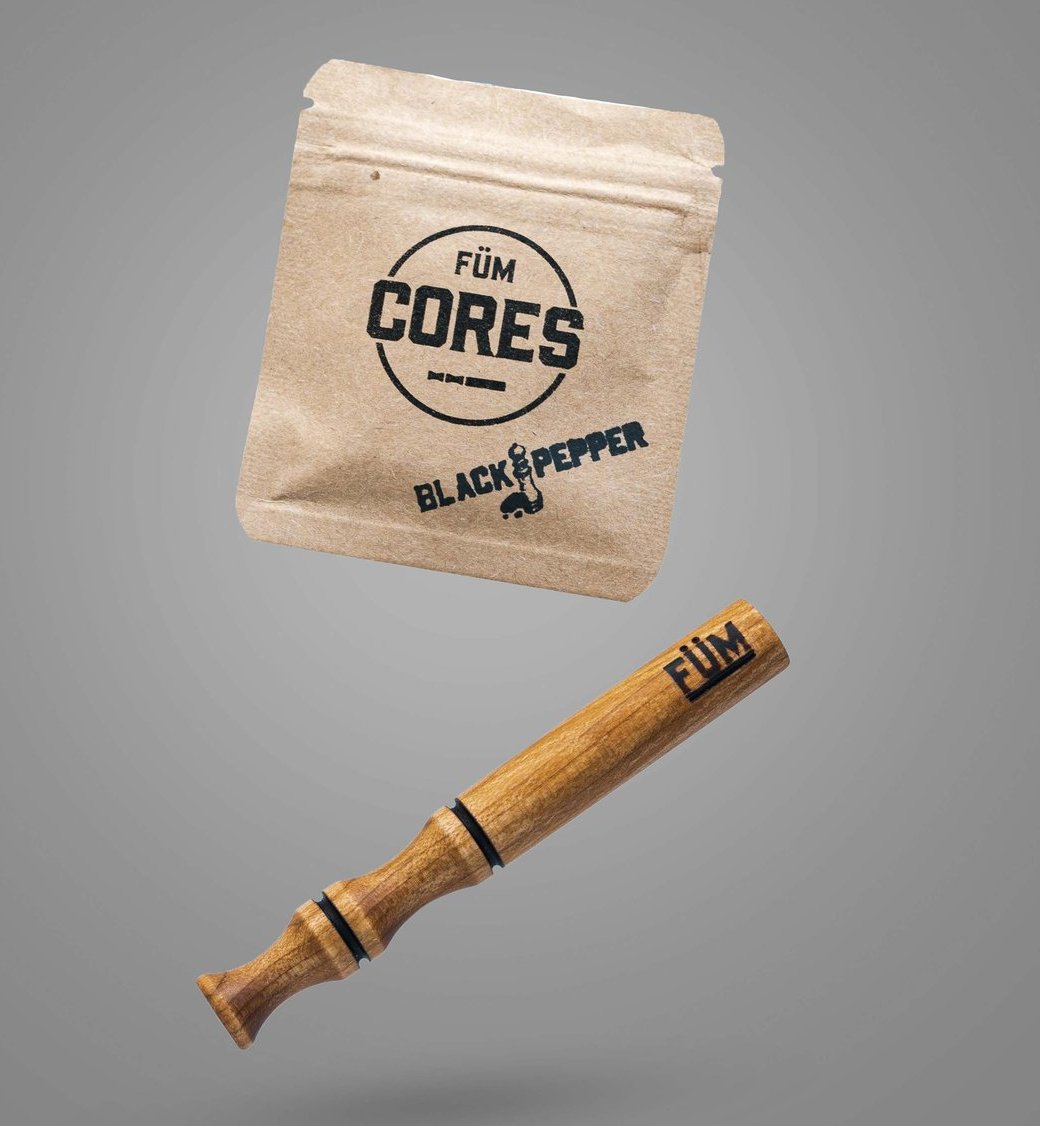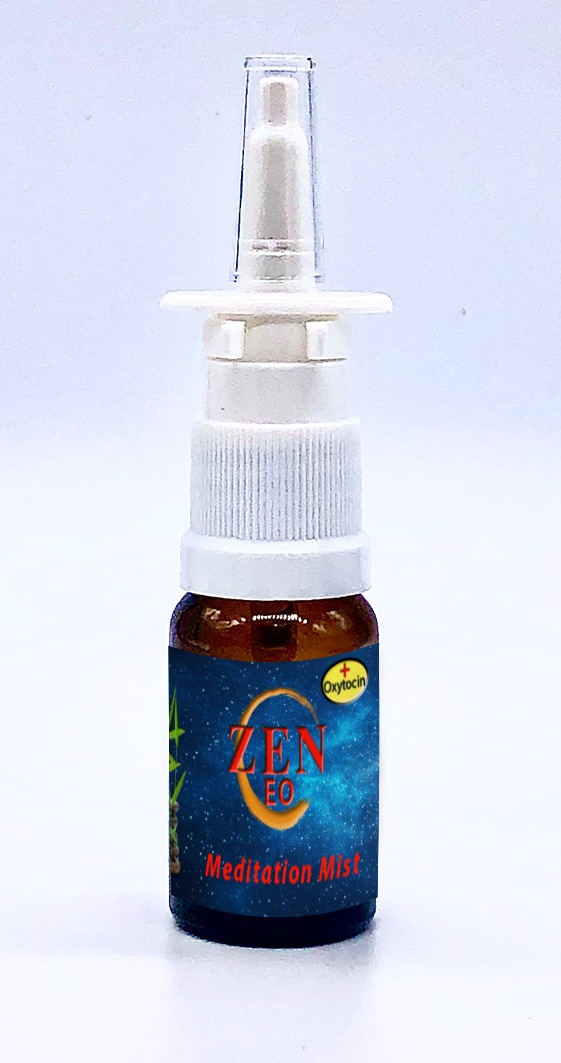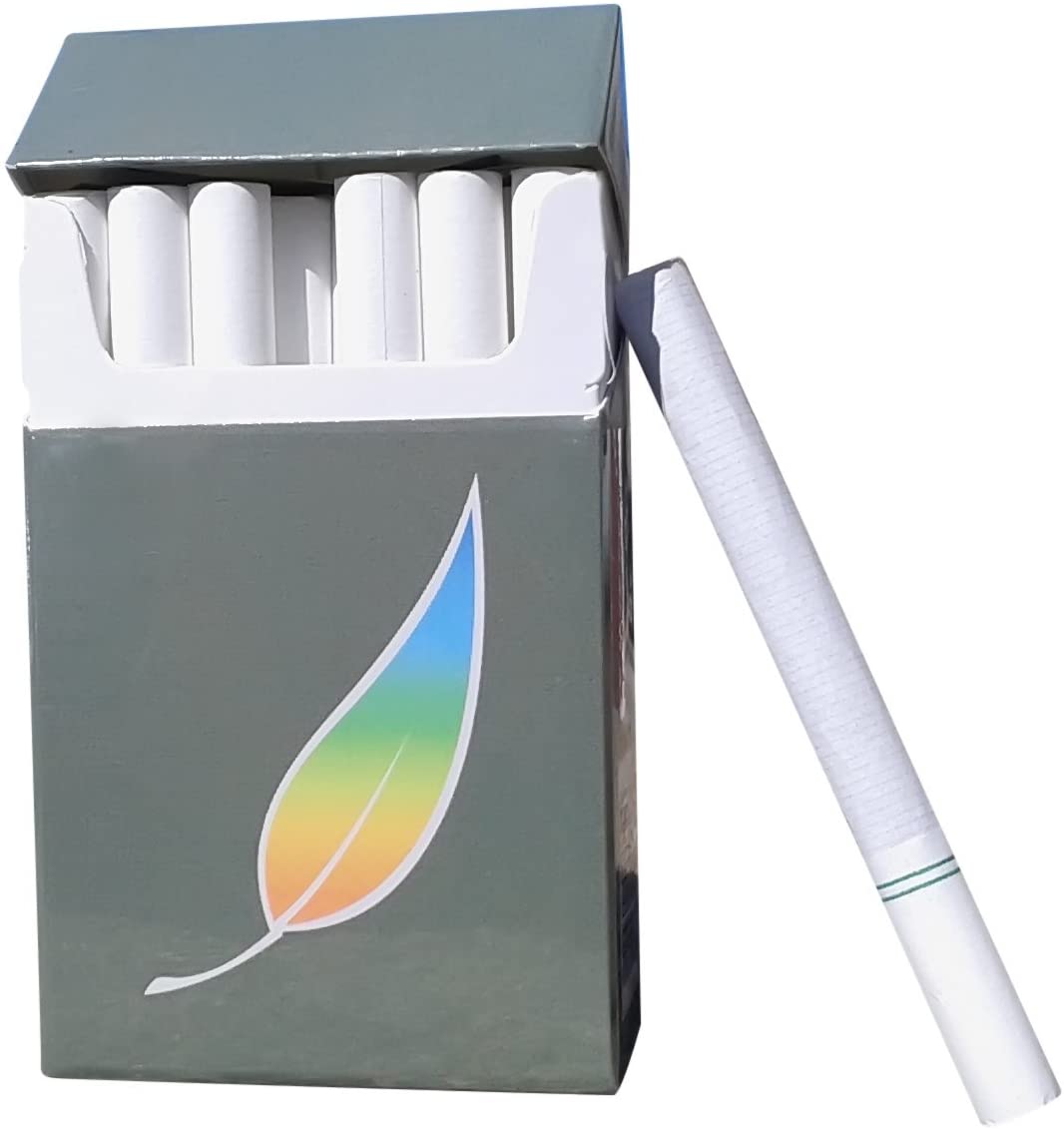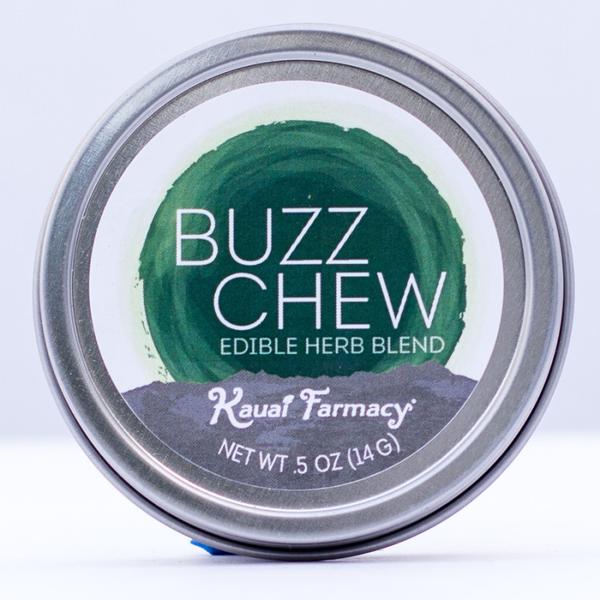April 27, 2021
I think a lot more people than society may be aware of are addicted to nicotine.
No, seriously.
It seems increasingly common for most biohackers, health enthusiasts, outdoorsmen and outdoorswomen, athletes, and executives with whom I spend time to have some form of a SNUS, a touch of tobacco, cigarette, cigar, vape pen, pipe, gum, or lozenge tucked away in their mouth somewhere, or some kind of patch or other nicotine delivery mechanism attached to their skin.
I mean, I get it. Kind of like caffeine, which I wrote about last week, nicotine is actually chock full of a host of mental and physical benefits, including positive effects on:
- Motor skills: A meta-analysis of 41 studies concluded that nicotine enhanced motor abilities. For example, participants in this study who chewed nicotine gum had more fluent handwriting than those who did not chew the gum.
- Attentional capacity: Research suggests that the ability to pay attention (also known as increased vigilance) may be heightened by nicotine. Nicotine has been shown to improve attentional performance by downregulating resting brain function in response to task-related cues.
- Memory: Nicotine was found to significantly improve memory in patients with mild cognitive impairment, according to studies like this one by Neurology and this one from Georgetown University Medical Center.
- Reaction time: Reaction times are faster when nicotine is administered. In patients with dementia of the Alzheimer type (DAT), nicotine administration resulted in a statistically significant improvement in discriminative sensitivity and reaction times.
- Weight and appetite control: Nicotine is an appetite suppressant and is associated with lower body weight. The effects on appetite may be heightened when nicotine is combined with caffeine.
But nicotine can also be highly addictive, mildly toxic in larger dosages due to the presence of the same type of bitter and toxic plant defense mechanism alkaloids you find in the nightshade family (like tomatoes, potatoes, and eggplants), required in higher and higher dosages to induce effects with longer-term use, and may cause a bit of dopamine desensitization that requires you to feel like you need nicotine to “enjoy” activities (e.g. the classic post-sex cigarette oft-portrayed in old-school Hollywood flicks).
Now don't get me wrong: I'm not against the use of nicotine per se. Heck, my own podcast is often sponsored by Lucy, a maker of pretty darn tasty, effective, and relatively clean nicotine gums and lozenges. I'm a user of that product myself, and also take an occasional puff of organic tobacco from my pipe, snort a little Amazonian rapé here and there, and even wear a nicotine patch sometimes on longer writing days or during cognitively demanding stints.
But I also don't want to feel like—as Anthony Di Mello so eloquently writes in his book Awareness—I'm addicted to the stuff or dependent on it for my own happiness (read more about the power of not being attached to anything here). I also of course don't want to be subject to nicotine withdrawal if I stop for whatever reason.
Furthermore, while the type of psilocybin-assisted nicotine addiction therapy Dr. Matthew Johnson and I discuss in this podcast, along with treatments such as hypnotherapy, acupuncture, acupressure, ibogaine, and the like can all be effective at stopping nicotine addiction and managing nicotine withdrawal symptoms, I want to, in this article, present simpler and more accessible home remedies and biohacks that just about anybody—including those with a busy schedule who may not have time to enroll in a clinical plant medicine trial or drive repeatedly to a therapist—can use to manage or stop a nicotine addiction or nicotine withdrawal.
So below I'm going to give you 6 natural home remedies and techy “biohacks” that you can use in the comfort of your own home to manage any nicotine dependence you may have developed.
1. Black Pepper Inhalation
 Inhalation of vapor from black pepper extract has been shown to reduce smoking withdrawal symptoms, while simultaneously bestowing a mental “pick-me-up” that may achieve many similar effects as nicotine. In February 1994, a nicotine research laboratory in North Carolina discovered that inhaling natural black pepper essential oil helped to relieve smokers’ cravings for cigarettes.
Inhalation of vapor from black pepper extract has been shown to reduce smoking withdrawal symptoms, while simultaneously bestowing a mental “pick-me-up” that may achieve many similar effects as nicotine. In February 1994, a nicotine research laboratory in North Carolina discovered that inhaling natural black pepper essential oil helped to relieve smokers’ cravings for cigarettes.
Black pepper essential oil seems to help people quit smoking and using e-cigarettes by simultaneously tackling both the psychological and physical addiction of nicotine use. When inhaled, black pepper can alleviate the negative side effects and symptoms of anxiety. Furthermore, black pepper essential oil may have effects that naturally detoxify the body, therefore aiding the natural process of nicotine withdrawal. Researchers have hypothesized that one reason inhaling black pepper helps smokers quit is because of the way the essential oil mimics the warm sensation in the chest, while also providing the unique, earthy, and familiar taste of cigarettes.
One company that I've mentioned before in my weekly roundup, called “Füm” has designed a non-electronic natural inhaler designed to comfortably replace a hand-to-mouth smoking or vaping habit and nicotine addiction, and they even sell a “black pepper pack” you can insert into the small wooden device to “vape” your essential oil. I own a Füm and now keep it in my fanny pack to reach for instead when I might normally reach for a piece of nicotine gum, lozenge, or even a vape pen. It works surprisingly well, and the flavor isn't half-bad, though I like to combine it with their peppermint oil for a better, more refreshing flavor. (Use code BEN to get 10% off purchases site-wide).
2. Amazonian Herbal Nasal Spray
 Rapé (pronounced ha-peh) is a shamanic medicine from the Amazon. It's a dried and powdered snuff that is usually blown into the nose through a blow pipe. While rapé is often made of several Amazonian plants, the core of most rapé snuffs is the tobacco species Nicotiana rustica. This Amazonian tobacco, also known as mapacho, is used extensively in tribal rituals and is much stronger than N. tabacum, the type of tobacco found in cigarettes. In addition to the tobacco, rapé often includes components of other plants such as cinnamon, tonka bean, clover, banana peel, or mint, but many Amazonian shamans keep the exact ingredients of their particular blend of rapé a secret.
Rapé (pronounced ha-peh) is a shamanic medicine from the Amazon. It's a dried and powdered snuff that is usually blown into the nose through a blow pipe. While rapé is often made of several Amazonian plants, the core of most rapé snuffs is the tobacco species Nicotiana rustica. This Amazonian tobacco, also known as mapacho, is used extensively in tribal rituals and is much stronger than N. tabacum, the type of tobacco found in cigarettes. In addition to the tobacco, rapé often includes components of other plants such as cinnamon, tonka bean, clover, banana peel, or mint, but many Amazonian shamans keep the exact ingredients of their particular blend of rapé a secret.
So obviously this stuff has nicotine in it, but can be “microdosed” in tiny amounts via an intranasal delivery mechanism such as a powder or a spray.
For this, I like the ZEN Nasal Spray, which I discuss with Dr. John Lieurance in this podcast. ZEN is an intranasal spray made from different medicinal plants from the Amazon to calm and quiet the mind, as well as certain essential oils Dr. John has included in it to reduce anxiety and stress. It gives you the same pick-me-up as, say, nicotine gum or a nicotine lozenge, but can be dosed in very small amounts, and, because it's mixed with brain-boosting essential oils such as rosemary and peppermint, requires far less actual nicotine to get the effects you want. The only drawback? It burns a little bit when you spray it up your nose (but nowhere half as much as snorting actual rapé powder).
3. Herbal “Chew”
This next one is especially good if your particular nicotine addiction is via a delivery mechanism such as a SNUS or tobacco chew. My friend Doug Wolkon at Kauai Farmacy—who I interviewed in this podcast about the vast array of superfoods he grows on a small 2-acre plot on the Hawaiian Island—has developed a sweet, minty, herbal chew that when taken and held orally in the mouth gives a tantalizing buzzing sensation, freshens the breath, refreshes the mind and is a perfectly healthy, natural pick-me-up! Spilanthes, the primary active ingredient in this “Buzz Chew“, is commonly known as the “Toothache Plant” and is a go-to herb for oral health. Not only does Spilanthes clean your mouth, strengthen your teeth, and support healthy gums, but it also boosts immunity and stimulates metabolism. Complimentary herbs are then added in for a naturally delicious flavor and a well-rounded nutrient profile.
Just like tobacco chew, Buzz Chew comes in pocket-size, circular pucks to maintain freshness and convenience. The full ingredient list of this stuff is Bele Spinach, Spilanthes Flower, Spilanthes Leaf, Mint, Moringa, Tarragon, and Stevia, and you can get it here. (Use code GREENFIELD15 to save 15%)
4. Magnetic Frequency Technology
 Lately, I've been writing and podcasting about a device called a Hapbee, which incorporates a magnetic frequency technology called “ulRFE®”. It is essentially a digital nootropic that delivers a mild magnetic stimulus when worn around the head or neck – a stimulus that can include any signal you choose, such as “Focus,” “Relaxation,” “Social,” “Sleep,” etc.
Lately, I've been writing and podcasting about a device called a Hapbee, which incorporates a magnetic frequency technology called “ulRFE®”. It is essentially a digital nootropic that delivers a mild magnetic stimulus when worn around the head or neck – a stimulus that can include any signal you choose, such as “Focus,” “Relaxation,” “Social,” “Sleep,” etc.
Anyways, you put this device around your head or neck, pick a signal on the accompanying phone app, and let it project non-ionizing, low-energy EMF signals to your brain and body. I notice a near-immediate effect, and here's what's cool: the “Focus” frequency on the Hapbee almost perfectly simulates nicotine.
I recently hosted Scott Donnell, the CEO of Hapbee, on my podcast to talk about the technology, its applications, and what’s next on the frontier of digital nootropics. That podcast is well worth a listen if you want to better wrap your head around how the Hapbee works and practical usage tips. You can get a Hapbee here if you want to experiment with a pretty cool piece of technology.
5. Sound Vibration Technology
 Apollo Neuroscience has developed a wearable device that wraps around the ankle or wrist and that operates in a somewhat similar manner to the Hapbee, but instead uses inaudible sound waves to elicit a specific brain wave response. Drs. David Rabin MD, Ph.D. and Greg Siegle Ph.D. worked together at the Program in Cognitive Affective Neuroscience at the University of Pittsburgh to develop and scientifically prove the Apollo technology, and they discovered that certain combinations of low-frequency inaudible sound waves (vibration that you can feel, but can’t hear) can safely and reliably change how we feel through our sense of touch, and that we can measure those physiological changes in near real-time.
Apollo Neuroscience has developed a wearable device that wraps around the ankle or wrist and that operates in a somewhat similar manner to the Hapbee, but instead uses inaudible sound waves to elicit a specific brain wave response. Drs. David Rabin MD, Ph.D. and Greg Siegle Ph.D. worked together at the Program in Cognitive Affective Neuroscience at the University of Pittsburgh to develop and scientifically prove the Apollo technology, and they discovered that certain combinations of low-frequency inaudible sound waves (vibration that you can feel, but can’t hear) can safely and reliably change how we feel through our sense of touch, and that we can measure those physiological changes in near real-time.
After 5 years of development and testing Apollo in the lab and in the real world, they released Apollo last year publicly. The “Clear and Focused” mode combines frequencies of vibration shown to improve performance and heart rate variability (HRV) and to lower heart rate under stress, and, in my opinion, it acts very similarly to nicotine in terms of the effects it produces. Apollo's scientific literature and university-led trials demonstrate that frequencies in the “Clear and Focused” mode improve focus and feelings of calm, also similar to nicotine. Apollo users typically use this mode for cognitive and athletic performance and creative work (while the “Energy and Wake Up” mode seems to act more like caffeine for wakefulness and attention).
You can learn more about this one in my podcast with Dr. David Rabin here and also in this article that features the Apollo, and you can get one here.
6. Green Tea “Cigarettes”
 Chinese researchers have recently come out with a unique recommendation to help you get over the nicotine urge: drinking green tea. A study titled “A Revolutionary Approach for the Cessation of Smoking” was published in Science China Life Sciences, a peer-reviewed open-access journal, and according to the study, components of green tea were used as filters to treat addiction to smoking. Apparently, the oral intake of the amino acid L-Theanine (found in large amounts in green tea), is known to have stress-curbing effects, and also acts as a relaxing agent that can dim the urge for nicotine as well, helping with nicotine withdrawal symptoms. In addition, green tea as a rich storehouse of antioxidants may help mop up the damage in those who have relied upon cigarettes or other toxic delivery mechanisms as their primary nicotine source.
Chinese researchers have recently come out with a unique recommendation to help you get over the nicotine urge: drinking green tea. A study titled “A Revolutionary Approach for the Cessation of Smoking” was published in Science China Life Sciences, a peer-reviewed open-access journal, and according to the study, components of green tea were used as filters to treat addiction to smoking. Apparently, the oral intake of the amino acid L-Theanine (found in large amounts in green tea), is known to have stress-curbing effects, and also acts as a relaxing agent that can dim the urge for nicotine as well, helping with nicotine withdrawal symptoms. In addition, green tea as a rich storehouse of antioxidants may help mop up the damage in those who have relied upon cigarettes or other toxic delivery mechanisms as their primary nicotine source.
So, based on that, “green tea cigarettes” are now a thing. Yep, that's right: you can now take a drag on your matcha. One company called BILLY has designed a green tea cigarette to help with nicotine addiction. They market it as the only “herbal non-tobacco green tea cigarette on the market.” This is the only remedy on this entire list that I personally have yet to try, but it supposedly “smokes, lights, flicks like a traditional cigarette.” I'm guessing I may stick to drinking my green tea, since research doesn't seem to indicate you need to actually smoke the tea per se, but it's an interesting idea and approach nonetheless. Theoretically, supplementing with 100-200mg of L-Theanine would also do the trick, and can be a nice addition to give a good slow, non-jittery caffeine release to your morning cup of coffee too.
Summary
Ultimately, I'm not against nicotine. After all, most of nicotine's bad rap comes from all the other harmful and potentially carcinogenic toxins and compounds that tend to accompany the most commonly used nicotine delivery mechanisms of cigarettes, vape pens, cigars, and tobacco chew.
But as I wrote in the introduction to this article, I'm also not a fan of being attached or addicted to anything and have found the strategies above to be quite helpful for me in my own attempts to avoid overuse of nicotine supplementation and also avoid nicotine withdrawal symptoms. There's absolutely no reason that you can't mix, match, and combine any of these strategies (though I don't recommend using all six at once, simply because you don't want to be that person walking through your neighborhood taking a drag on a green tea cigarette with one piece of biotechnology hanging around your neck and another strapped to your ankle while you snort Amazonian herbs, spit herbal chew, and sniff on your black pepper essential oil).
I hope you find these tips useful, as I see them being increasingly necessary in an era where “healthy” nicotine options are becoming increasingly popular, especially amongst health enthusiasts.
How about you? Are you finding yourself somewhat “addicted” to nicotine with a desire to benefit from nicotine's advantageous wakefulness and cognition or physical performance-enhancing properties but not be attached to it for daily function? Have you tried any of the remedies or biohacks above, or do you plan to? Do you have your own tips and tricks for managing nicotine addiction or nicotine withdrawal? Leave your comments, questions, and feedback below. I'd love to hear from you!



I actually did a YouTube review on the FUM inhaler, check it out here: https://youtu.be/p24y8MgApFM
Day Four of my quit, and I have to recommend brewed cocoa. It can be made either with cocoa pods or just baking cocoa in a coffee pot, and provides a nice “lift” without any jitters or triggering nicotine cravings. (It does not taste like hot chocolate, btw, though I suppose you could dress it up-I just add stevia and cinnamon to mine, but y’all can add whatever you like) It also seems to help with that weird tightness some people get in their chest when they first quit smoking, though that might be because of the heat. Either way…it tastes good, it helps with the withdrawal symptoms, and it’s cheap, so try it.
Interesting article… I want to stop smoking for over 4 years and this is so hard for me, hope some of your ideas will help me!
Nicotine addiction is difficult, but it can be really defeated. When I quit smoking, I tried a lot of the points that you indicated here, but not one of them helped me the most. At one point, I just finally understood why I want to quit smoking, why I need it and why I quit. And so I threw it and never started again, if you do not have this understanding, then within you there will be a constant struggle with the fact that you would start smoking again. Thank you for the article!
What are you thoughts on users of it frequently and potential back problems being caused by nicotine?
https://www.buzzfeed.com/daniellaemanuel/vaping-nicotine-back-problems
90+ per day for the last 21 years had hypnosis 3 days ago, zero since. The thought “I could have one” comes and goes, end of the day if you really don’t want to smoke then you won’t pick them up again. Stay strong and remove yourself from as many temptations as possible. Nicotine only last in your body for 48hours. Take a deep breath each time you feel like one have a glass of water & the “craving” will pass.
I have been off of nicotine and caffeine for 11 days now. I was consuming about 15-20 mg nicotine per day in gum and pouches and around 400-500 mg caffeine per day in black coffee and clean energy drinks.
The first day was horrible I had a splitting headache all day and nothing could help it. I laid in bed all day in misery. The second day still had a headache and fog but was able to function. The second night I woke up with cold sweats, shivering and shaking for 30-40 mins. The 3rd day I felt much better, and by day 6 I had no withdrawal symptoms. I still crave the act of drinking hot delicious coffee and the feeling of having a pouch in. I am going to try the buzz chews for that sensation and will drink decaf from time to time.
For anyone looking to quit I would recommend taking 3 days off of work and going somewhere where you can be stimulated like a 3 day hike in the wilderness or something along those lines.
Making amends for promoting Lucy… by promoting other stuff ;) Not qualified for an SDJ entry
Seriously though, thanks for the article, very helpful.
Thanks for the read Ben. Do you know anything about combining nicotine with psilocybin microdosing? I’m toying with the idea but I want to make sure it’s safe and effective first.
Oh my goodness, thank you so much for this!
This is just what I needed to see! Gave up smoking years ago but got addicted to lozenges… 🤦♀️ Cannot wait to give these a try!
Thank you so much for all your amazing work!